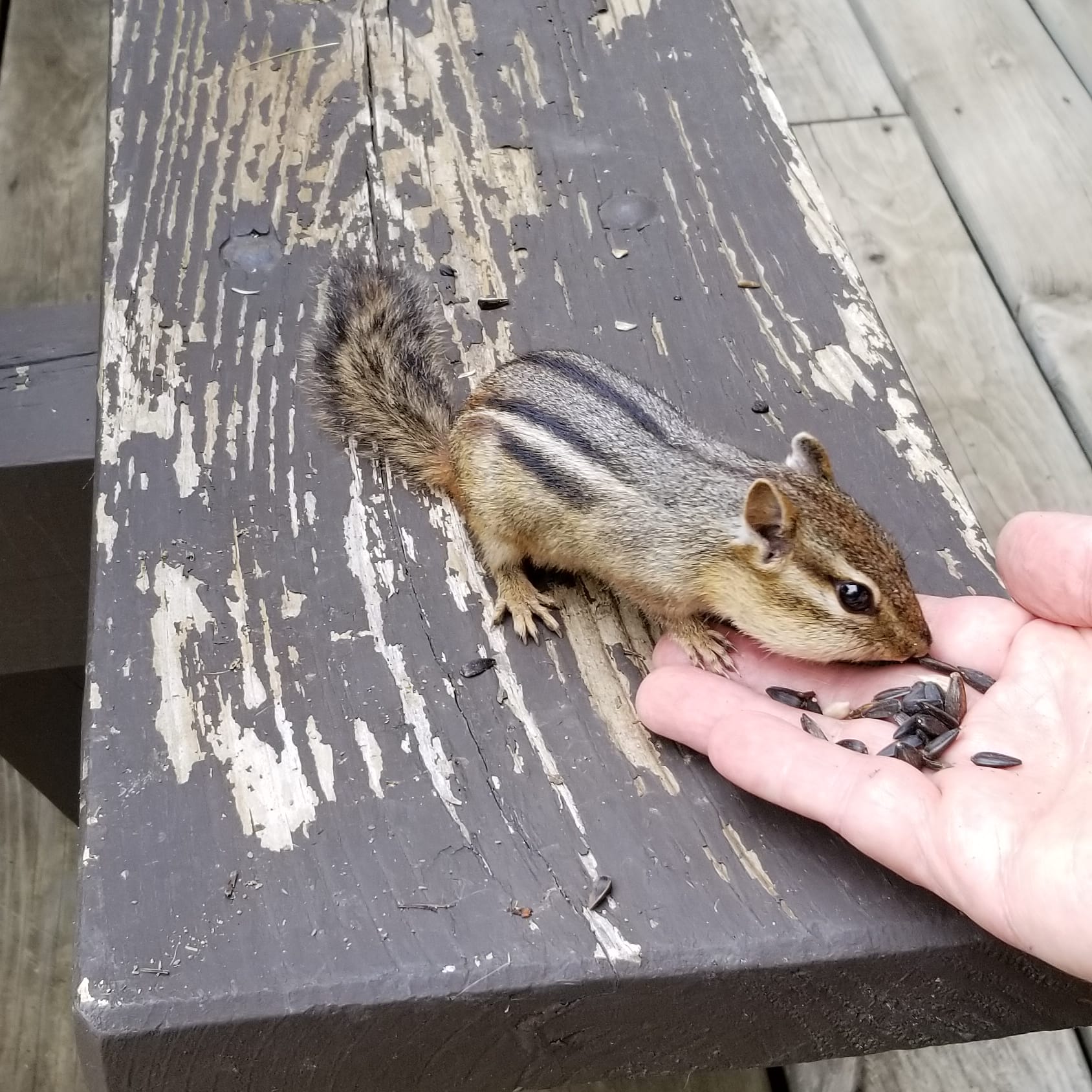Thirty-third Sunday in Ordinary Time
Fr. David Smith, MM
November 15, 2020
Proverbs 31: 10-13, 19-20, 30-31; Psalm 128: 1-2, 3, 4-5; 1 Thessalonians 5; 1-6; Matthew 25: 14-30
Fr. David Smith, MM, reflects on how we can use the resources God gave us to pursue integral ecology and work against climate change.
There is a theme running through the readings of today: the Lord has entrusted us with responsibilities and expects us to work on God’s behalf. Having bestowed on us the miracle of life and revealed to us God’s love through Jesus, we are called upon to build God’s Reign on Earth. So, what exactly does that entail?
In the Gospel of St. Matthew, we encounter Jesus teaching his disciples with the parable about the talents, a unit of currency in Jesus’ time representing a large sum. Three servants receive five talents, two talents, and one talent, respectively. While entrusting them with this wealth, their master expects them to put it to good use – not to just bury it in the ground.
How have we been blessed by God? We have all experienced God’s generosity in our lives, each in a different way. Jesus teaches his disciples that what God has given us, we are to put to good use. We are expected to work in the Lord’s vineyard, pasture, field, or ocean to reap benefits that are pleasing in God’s eyes – which are not necessarily the things valued by “the world.” Fear can be crippling, as was the case of the servant who received one talent and buried it. We cannot let fear stop us from doing God’s work. God has no use for a prophet who is too afraid to speak or act. We cannot let the values of the world pretend to tell us what is pleasing in God’s sight.
Similarly, in the first reading from Proverbs, a wife is found praiseworthy not for her charm or beauty; but rather for her labors that are pleasing to God. That is, when she “reaches out her hands to the poor and extends her arms to the needy.” In such acts of charity and kindness, we are told that “her works praise her at the city gates.” We are challenged to actively find ways to help others and to care for our Common Home.
In the second reading from the First Letter to the Thessalonians, St. Paul reminds us that the day of the Lord is coming. We should not be like people who sit back and say, “peace and security,” meaning that all is well and we need not concern ourselves with doing anything further. Rather, Paul warns that disaster will come to such people who live in the darkness – shutting their eyes to the world around them. We are instead called to be “children of the light” who stay alert and see with eyes of faith.
In the world today, denying the reality of the climate crisis is one way we can choose to live in darkness. As scientists have warned for decades, if too many people and their governments do nothing, a disaster of biblical proportions will befall the world and harm all life on planet earth, especially the poor and needy. Pope Francis has implored all people to undertake the monumental work of caring for our common home. Remember the servant who was given five talents? To save the earth, it means that those to whom much has been given are expected to use their wealth and power to do great works for God. Those people and nations of lesser means are also expected to participate in caring for our common home – each according to their abilities.
Fr. Thomas Berry, the great eco-theologian, taught that our efforts to save the earth must begin with an “opening of eyes.” For our efforts to succeed, we must first acknowledge that all of creation has the God-given right to existence. This contradicts the ego-centric belief that creation exists specifically for human exploitation and that nothing has value except in as much as it can be used by humans.
To accomplish the work to which Pope Francis calls us, we must work to change people’s understandings of their relationship with God’s creation. This will involve changes in educational systems, juridical systems, economic systems, and even religious systems. This work will be witnessed in acts of charity and kindness towards all of God’s creatures: animals, plants, mountains, oceans, and other ecosystems.
As Saint Francis of Assisi might put it, we begin the great work of saving our common home by recognizing and putting into practice our belief that our brothers and sisters comprise all creation. God is calling us to protect Brother Whale and Sister Polar Bear, Brother Forest and Sister Farmland, Brother Mountain and Sister Ocean, Brother Frog and Sister Butterfly, Brother Fish and Sister Bird, Brother Arctic and Sister Jungle. We must stop their ongoing abuse and exploitation and restore the balance in nature that is pleasing in God’s sight. And in doing these good works, we will truly come to know our Brother Jesus and Sister Mary.

